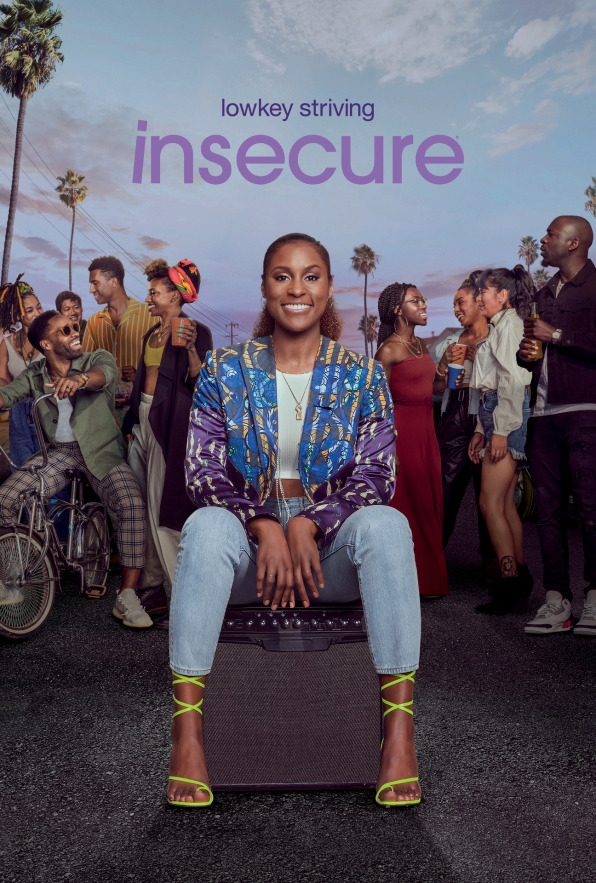In 2010, when I was freelancing out of a brownstone in Harlem, I wrote an article titled “Where is the Black Liz Lemon?” that touched on the lack of complex Black female characters in media. A few days after I posted the piece, I got a note from a woman named Issa, thanking me and saying the article was the inspiration she needed to start a project she had been putting off. A few months later, she sent me a link to Misadventures of an Awkward Black Girl, the YouTube series that would be the launchpad for HBO’s Insecure.
What Issa Rae brought into our living rooms with Insecure was a decade-defining story centered around Black women. The show’s diverse audience spent five seasons inviting Issa and Molly—fully beautiful, imperfect, in-progress Black women—into their lives. It was a story about what they felt, how they grew, and how they loved—narratives that just a few years ago were still rare to see on television.
In the decade since, I’ve built a career in corporate, working at some of the most recognizable companies in the world, and I live a few blocks away from the brownstone where I wrote the piece that sparked Insecure. Watching the finale, I felt so proud of Issa Rae and so grateful for these stories and the impact they’ve had on millions of viewers. Still, reflecting on where we are, I wonder if we are more comfortable with fully-realized Black women on screen than in the workplace.

While Insecure centered on Black women, it’s important to keep in mind that most media depicting Black women does not show them as multifaceted characters at all. Last year, only one out of five Black women who appeared on network or streaming programs even had speaking roles. And as rare as it is to hear the voices of Black women on our screens, for most people it’s still a more frequent occurrence than actually working alongside one in our everyday lives. In fact, most people will never work up close with a Black female leader unless they happen to be in the room with the 1.7% of us who hold senior roles.
Over the past 10 years, I’ve climbed the ranks at multiple Fortune 500 companies from finance to tech. Of the companies that publicly disclosed their employee representation numbers, none had more than 3% of Black women in their workforce. When you hit the leadership level, that number drops even lower. At that point, it’s usually a decimal that never adequately conveys how alone it can feel. In my role at Google, for example, I was the first Black woman to lead our team, the only Black woman on our department leadership team, and usually the only Black woman in the room. When I would point that out to my non-Black peers, many would respond as if it were an accolade. When I would say it to other Black female leaders, they would respond understanding the cost of it all.
This year, as we head into the next chapter of the great reshuffling, companies will release updated employee numbers and will be faced with stark trends in the attrition—particularly of Black women—from their ranks. Some of them will look to address the data as a reputational problem, but smart organizations will recognize it for what it is: a proximity problem.
When companies see Black women as only symbols or data points and not in their humanity, it is harder to provide the kind of environment that would support them showing up fully as leaders. When companies don’t understand the roles that Black women play as non-traditional caretakers, they’re less likely to connect the need for inclusive leave policies that help them and others. When companies ignore the ways that the wage gap affects Black women throughout their careers, they don’t take on the institutional remediation needed to address pay inequities for them and others.
Organizations that will lead the way forward will be ones that get that making the workplace more equitable for Black women allows the workplace to be more equitable for everyone. And if there is one thing the Insecure decade has made clear, it’s that when Black women are supported to create and lead, they build worlds and spaces we couldn’t imagine living without.
Leslie Pitterson is a communications and public affairs executive with experience in media, finance, and tech. She is head of Communications for Business Development, Strategy & Ventures at Microsoft.
Fast Company , Read Full Story
(53)